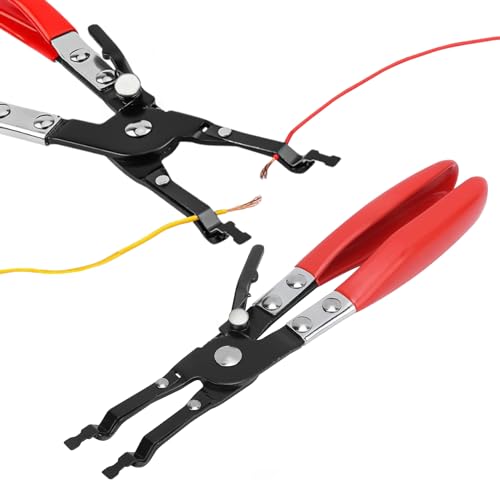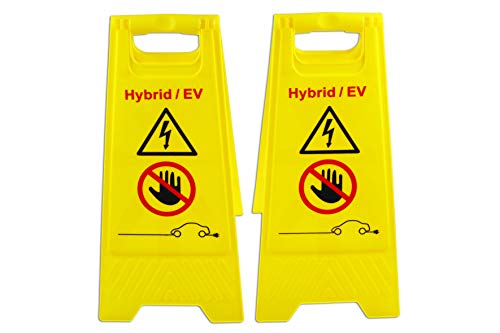Vike
Well-known member
Well, the short form is that the i goes like all get-out off the line (you will dust anything short of a Vette - or another EV), but be warned that you're back into normal territory fairly quickly - your annoyed counterpart will overtake you right quick if you're both going flat out. Thing is, in normal traffic situations, there really isn't that much room to build up speed, so the i's advantage is significant. It's especially useful in those occasional "oh, we have two lanes here at the light, but one goes away in a forced merge on the other side of the intersection" situations (I've never understood the traffic engineering logic of such a design, which seems to guarantee a high level of traffic "friction"), especially when the guy next to you in the SUV is revving his dino-burner in obvious anticipation of crowding you out of the way. At such times it's a great pleasure to leave them quietly behind and be on your way - you can just get where you need to be before they're able to belch up enough torque to compete.RobbW said:Okay, I have to ask. I sounds like a few of you have taken the opportunity to surprise some folks with our iMiEV's unexpected pep. I was wondering if those who have punched the go pedal cold expound upon our cars' abilities in such situations? The last thing I'd want to do is finally give in to my temptation only to be ridiculed and embarrassed for my car's poor performance. I'd like to know what she can do without risking damage trying to find out!
As to hurting your EV, that's kind of a yes and no thing. I doubt it much matters to your tires, etc., and the motor's quite happy to take off energetically, BUT you should note that full throttle acceleration AND heavy regen do "exercise" the battery's chemistry and whittle a wee bit off its range/life. As long as you're not jack-rabbiting off every light, it's no big deal, but if it becomes your standard way of dashing around town, yeah, I do think that will probably reduce range over time. Mitsubishi says as much in the disclosure documents, in that depressing part where they discuss why their warranty does not cover "normal" loss of range over time

































